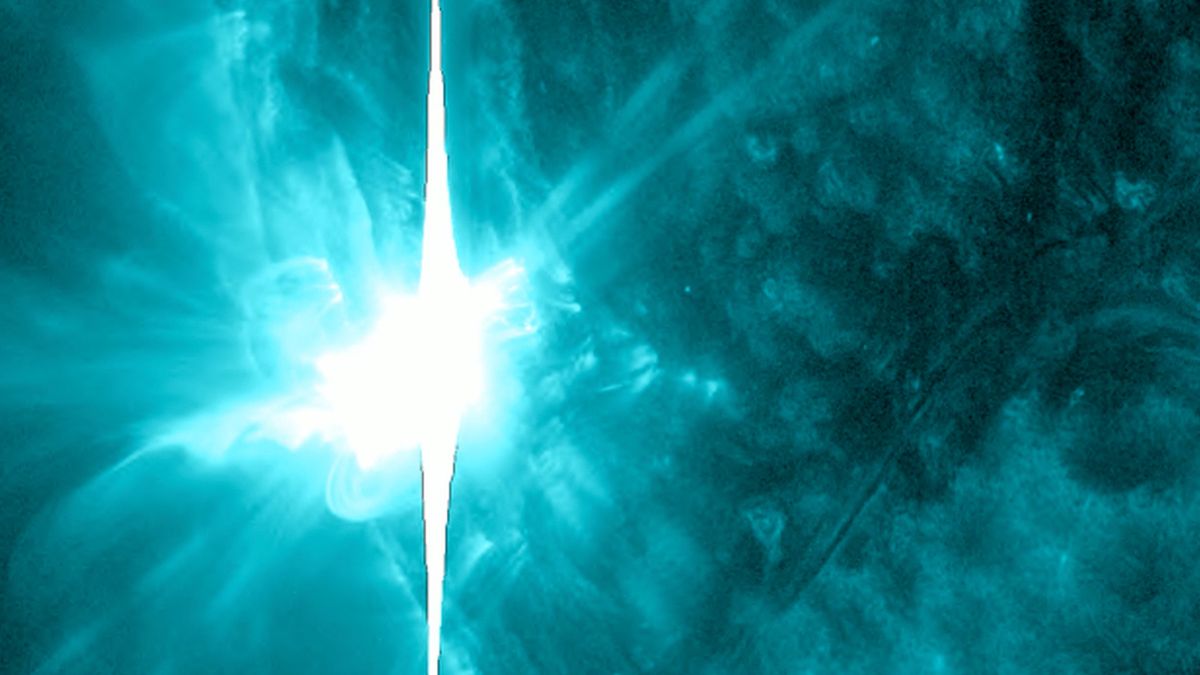What’s the opposite of a night owl? According to new research, it’s not a morning lark, but a Neanderthal.
“By analyzing the bits of Neanderthal DNA that remain in modern human genomes we discovered a striking trend,” said John Capra, associate professor in epidemiology and biostatistics at the University of California, San Francisco, and lead author of the new study, in a statement.
“Many of them have effects on the control of circadian genes in modern humans,” he explained, “and these effects are predominantly in a consistent direction of increasing propensity to be a morning person.”
Before all you late-risers start crowing, though, we should make it clear: this isn’t a sign of our early brethren and sistren being somehow “less evolved” or anything – it’s actually an evolutionary advantage.
“When humans evolved in tropical Africa, the day lengths were on average 12 hours long,” Mark Maslin, a Professor of Earth System Science at University College London, who was not involved in the study, told The Guardian. “But the further north you go, the shorter and shorter the days get in winter when food is particularly scarce, so it makes sense… to start collecting food as soon as there is any light to work by.”
See, by the time anatomically modern humans started making their way out of Africa approximately 70,000 years ago, Europe and Asia had already been home to their own brand of archaic hominins – the Neanderthals and Denisovans – for more than 400,000 years. That’s enough time for the species to have developed some genetic specializations – increased resistance to certain diseases, for example, or lighter skin tones to cope with the comparative lack of sunlight in their more northerly climes.
Once the homo sapiens came along, with their species-ending levels of horny, our Neanderthal ancestors passed those genes on to their offspring – and while many of their archaic genetic variants were bred out over the generations, some stayed the course.
Exactly which traits we have the Neanderthals to thank for has been the subject of much research lately: it seems like they’re the reason for bigger noses, for example, as well as a lower pain threshold and higher vulnerability to COVID-19 (thanks for all that, by the way, great-great-great-great-great grandpa).
And one environmental factor that’s already known to produce evolutionary adaptations in a wide range of species is the pattern and level of light exposure available. The higher North you go, the more variable that light becomes, with winter days seeing no sun at all if you go far enough toward the pole – and that made the Neanderthal ability to rise on time a very helpful adaptation for the hemisphere’s newest inhabitants.
“At higher latitudes it is beneficial to have a clock that is more flexible and better able to change to match the variable seasonal light levels,” Capra told the Guardian.
“We don’t think that being a morning person is actually what was beneficial,” he said. Rather, we think it is a signal of having a faster running clock that is better able to adapt to seasonal variation in light levels.”
Of course, just being a morning person isn’t proof that you’re particularly Neanderthal – the genes isolated by the team are only a small part of what decides when we wake up. But the discovery is worth exploring further, Capra says – as well as extending their methods to investigate other archaic traits.
“By combining ancient DNA, large-scale genetic studies in modern humans, and artificial intelligence, we discovered substantial genetic differences in the circadian systems of Neanderthals and modern humans,” Capra said.
“Our next steps include applying these analyses to more diverse modern human populations, exploring the effects of the Neanderthal variants we identified on the circadian clock in model systems, and applying similar analyses to other potentially adaptive traits.”
The paper is published in the journal Genome Biology and Evolution.

Dr. Sarah Adams is a scientist and science communicator who makes complex topics accessible to all. Her articles explore breakthroughs in various scientific disciplines, from space exploration to cutting-edge research.






/cdn.vox-cdn.com/uploads/chorus_asset/file/24016887/STK093_Google_02.jpg)
